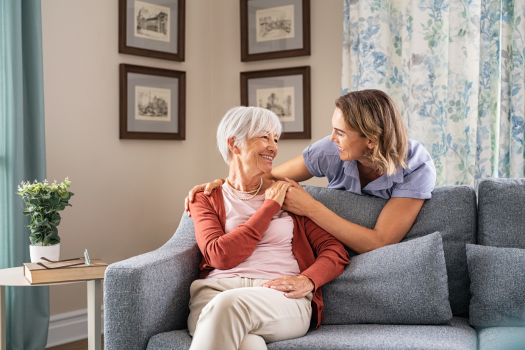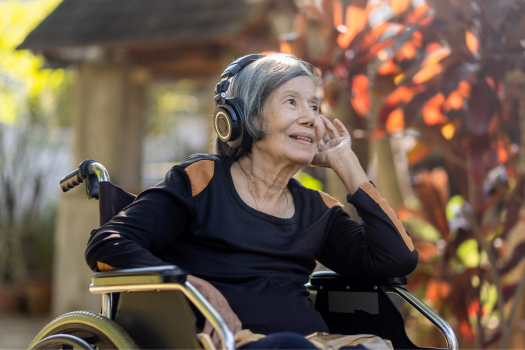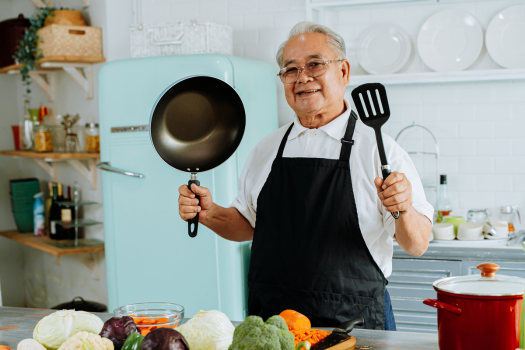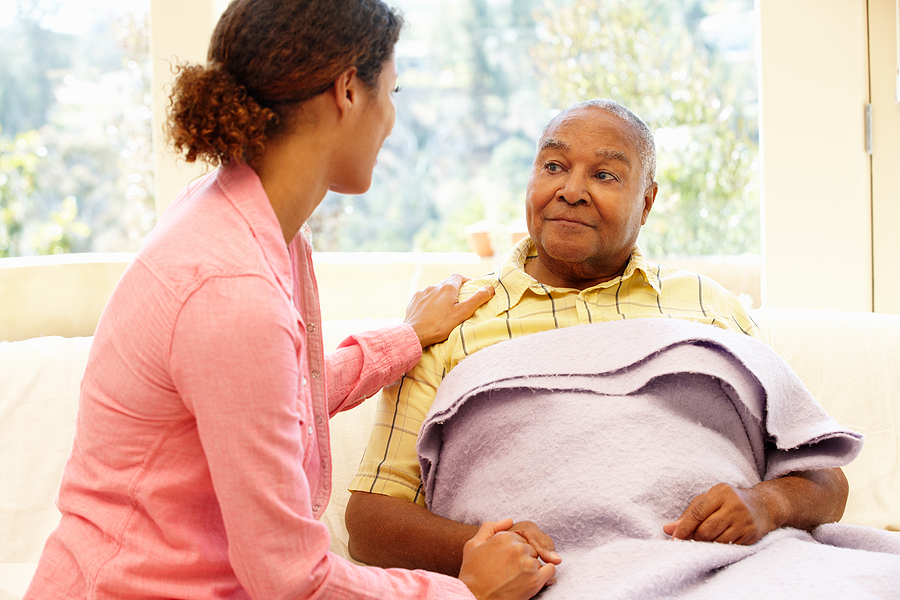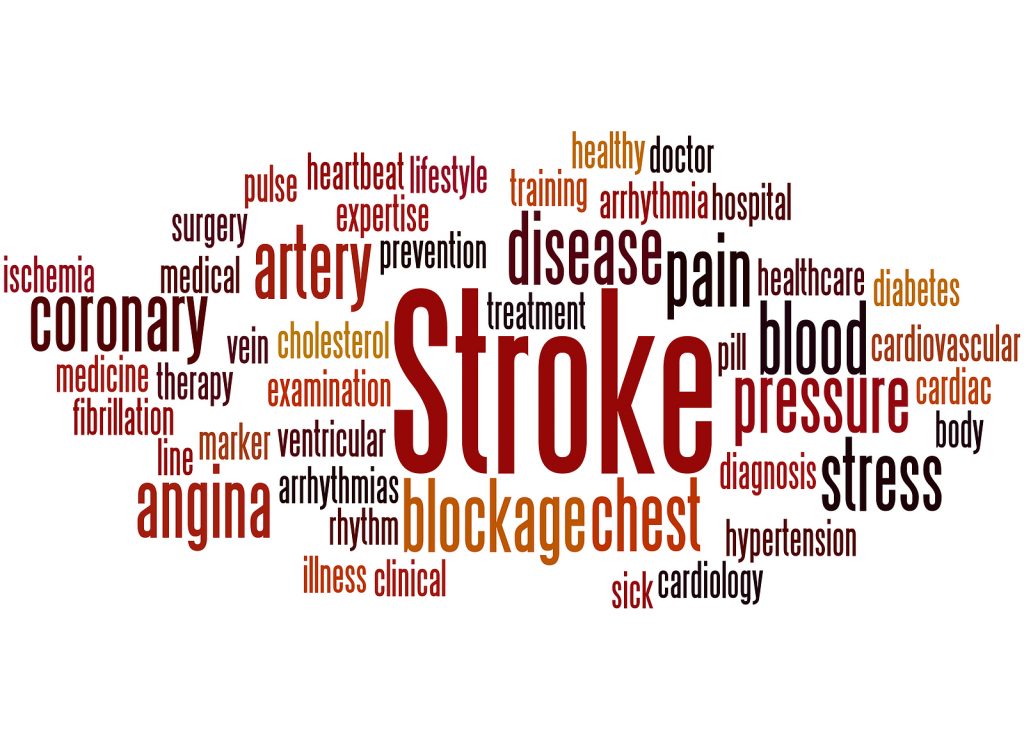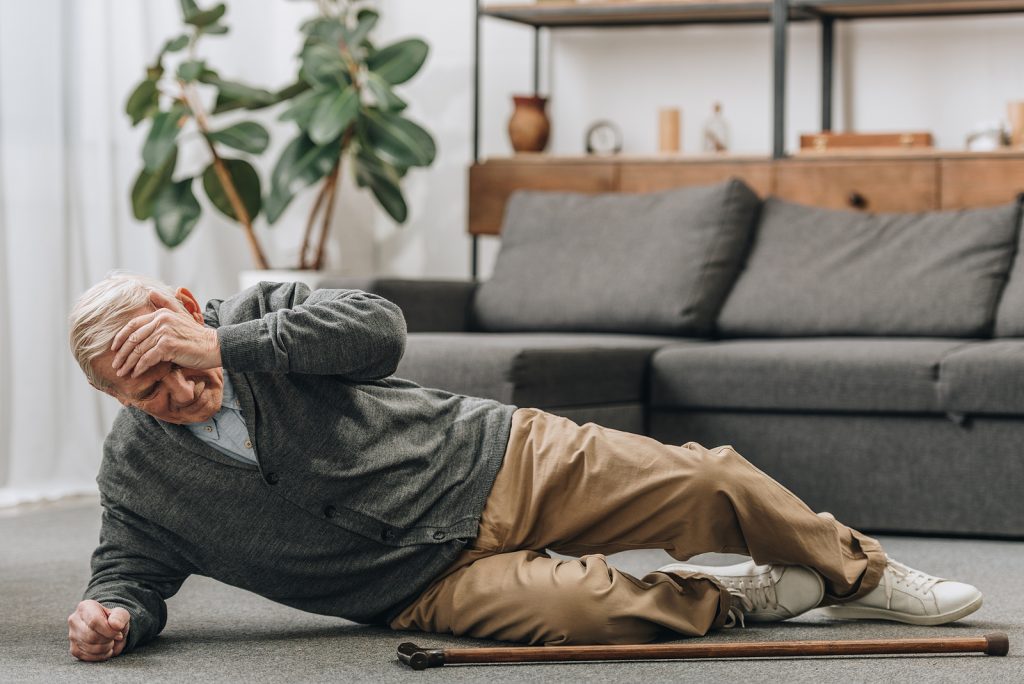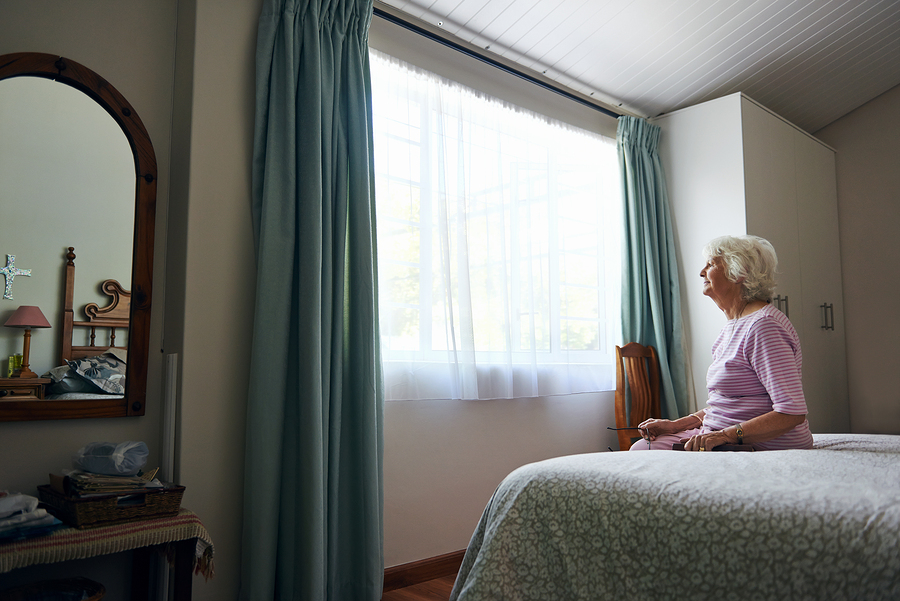
Seasonal affective disorder, or SAD, is a type of depression that can strike people of all ages, including your aging adult. People suffering from SAD find that the darker days of winter can feel horrible. Fighting back may take trying a few different techniques.
Open up the Curtains
Even if there’s only a little bit of natural light available, try opening the curtains every day as early as you can. What this does is let even that little bit of light get into the house and help boost your elderly family member’s mood. This can also help you to take advantage of natural sunlight to take a little bit of the work off the heater. Let elderly care providers or other family members know to do this if they’re helping your senior when you’re not around.
Go Outside, if Possible
When the weather is decent, going outside allows your elderly family member to get a little more exposure to natural light. This is definitely beneficial and it doesn’t take long to get the exposure that she needs. If the weather is extremely cold or otherwise dangerous, say with a lot of ice around, she may want to stay inside instead.
Get Some Exercise
Exercise can do so much for your elderly family member’s body and brain, especially when she’s battling with something like seasonal affective disorder. You need to check with her doctor first and make sure that exercise is right for her. But once she’s clear to exercise, just moving a little bit more than usual can help to significantly boost her mood.
Use a SAD Light
SAD lights are specially designed to mimic the rays of the sun. Since there’s not as much sun out during the colder, shorter days of winter, adding a little bit of extra light exposure can help her body to recover. Most of these types of lights are small enough that they can fit on a tabletop and it only takes a few minutes of exposure to the light for your senior to see results.
Talk with Her Doctor
Definitely talk with your senior’s doctor if you suspect that she’s dealing with seasonal affective disorder. There may be changes to her medication that can help or other variables that can make a difference.
When you find a combination of solutions that works well for your aging adult, stick with it. You may need to periodically shift routines to help ensure that she’s getting what she needs.
If you or an aging loved one are considering elderly care in Loudoun, VA, please contact the caring staff at Assisting Hands today. (703) 982-0050.
